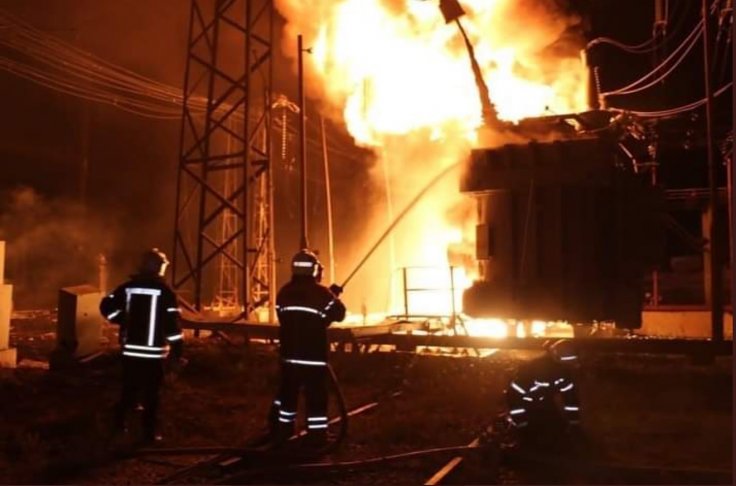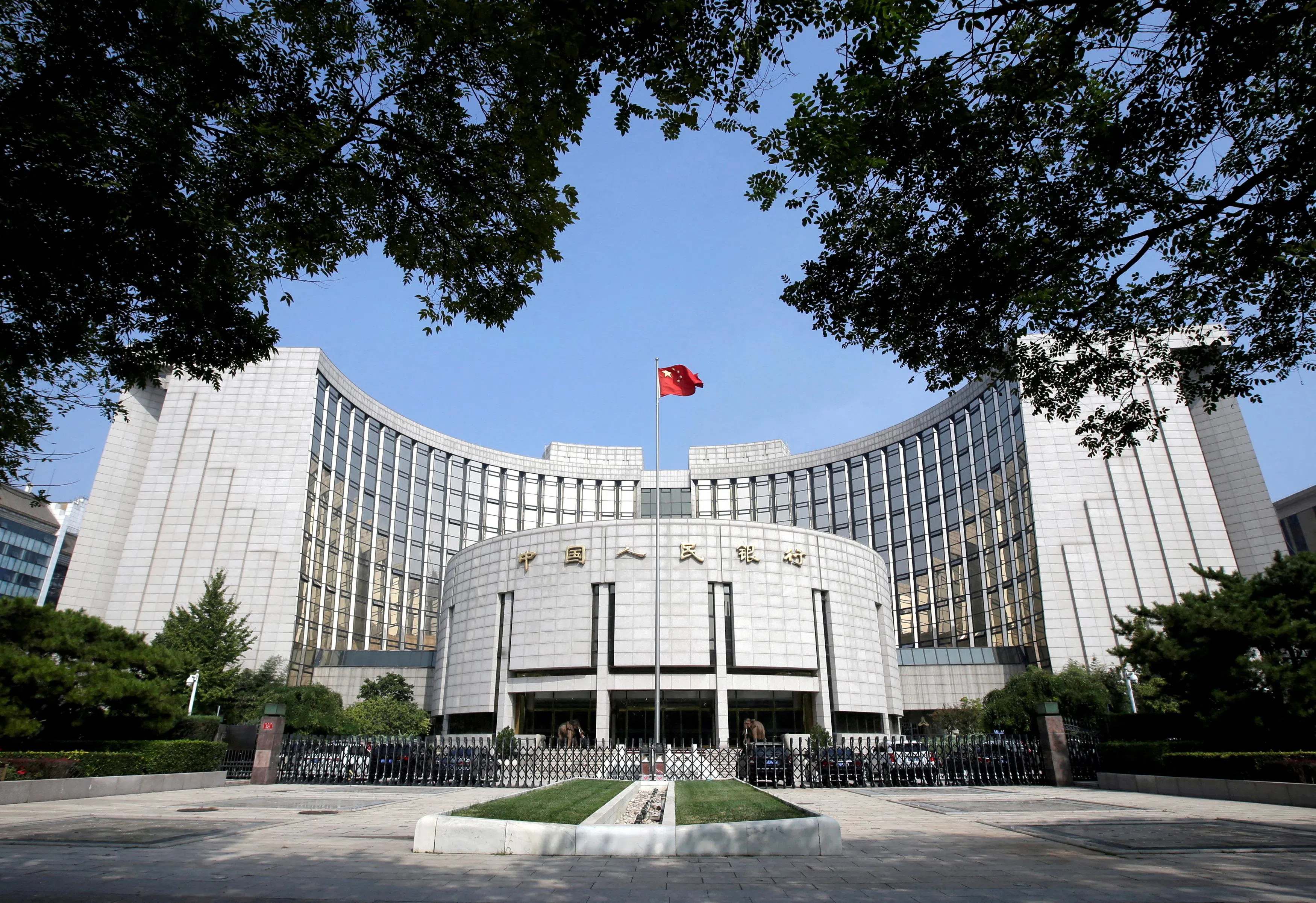Russia blew up Ukraine’s power plants on Sunday in a “cowardly revenge” for an embarrassing defeat of its army in the country’s east, as Ukrainian forces chased Putin’s army back across the border. Dramatic videos have emerged that show electrical stations in Kharkiv and Dnipropetrovsk engulfed in fire, following the attack, that left a third of the country in darkness.
Also, water supply networks were hit by Russian missiles. According to reports, three people died in the late-night strike by the Russian forces. Ukrainian forces have claimed a number of victories in the Kharkiv region, including taking back the city of Izyum, which Russian forces had been using as a crucial command and supply center.
Darkness in Ukraine
Mykhailo Podolyak, adviser to President Volodymyr Zelensky, claimed that the attacks were a coward’s reaction to the flight of [Russia’s] own army from the battlefield after a stunning weekend offensive by the Ukrainian military that saw Kremlin forces flee in disarray from the entirety of the Kharkiv region.
On Sunday, Russia struck back and fired missiles at Ukraine’s power grids in revenge for the counter-offensive. Videos depict the power outages caused by strikes that left roughly a third of Ukraine in the dark.
Videos showed a strike on a crucial power facility in the Kharkiv region and the city’s subterranean train system was completely paralyzed.
A power plant in Vilnohirsk, Dnipropetrovsk region, also had flames visible. “A total blackout in the Kharkiv & Donetsk regions, a partial one in the Zaporizhzhia, Dnipropetrovsk & Sumy regions,” Ukrainian President Volodymyr Zelenskyy tweeted late Sunday. “No military facilities, the goal is to deprive people of light & heat.”
According to reports, Russia has “tried to destroy important civilian infrastructure” with missile strikes. According to Russian authorities, the attacks on Kharkovskaya and Zmievskaya, the two biggest thermal power plants in eastern and central Ukraine, resulted in a shortage of generating capacity.
The strike was intended to injure civilians because the facilities provide central heating to Ukrainian houses.
“The collapse of the power system has spread to the networks of Kharkiv, Sumy, Dnepropetrovsk, Zaporozhye and Odessa regions,” said Rybar pro-war channel.
“It also affected the areas of Donetsk regions controlled by the Armed Forces of Ukraine, the Kyiv region and the capital of the country.”

Rybar’s pro-war Telegram channel stated that electric trains stopped “almost all over the country” and that many trolleybuses in Poltava caught fire in the middle of the street, following the strike. This claim echoed calls from other hardliners for even more ferocious attacks.
Revenge after Humiliation
The strike comes as Ukrainian forces continued to force the Russian army back across the border. Prior to Russia’s revenge strike on the power grids, videos that surfaced online on Sunday and Monday appeared to show Ukrainian troops recapturing unmanned border crossings while stomping on Russian flags and hoisting their own banners.

Some Russian forces isolated west of the Dnipro River, according to Nataliya Humenyuk, spokesman for Ukraine’s southern military command, were attempting to negotiate their surrender this morning.
As part of its offensive in this area, Ukraine has been luring Putin’s soldiers back toward the city of Kherson with the intention of retaking it.

Gen. Valerii Zaluzhnyi, commander of Ukraine’s armed forces, claimed that since the beginning of September, Ukraine had recaptured nearly 3,000 square kilometers from Russian soldiers. He claimed that Ukrainian troops were currently only 50 kilometers from the Russian border.
The military push was the biggest Ukrainian victory since the beginning of the war when it prevented a Russian effort to capture Kyiv as its capital. Moscow, which had relocated many of its forces from the region to the south where Kyiv had officially planned a counteroffensive, was taken aback by Ukraine’s attack in the Kharkiv region.
Analysts have lauded the stunning Kharkiv counter-attack as one of the greatest counter-offensives in recent history, one that will be studied for years to come.
The Russian defense ministry, on the other hand, has made an effort to play off the defeat as a “regrouping” of troops from the adjacent cities of Donetsk and Balakliya to “boost efforts in the area.”

However, the usual pro-Russian military bloggers and Kremlin friends responded angrily, and Ramzan Kadyrov of Chechnya vowed to make the position clear to military leaders and the government.
“They have made mistakes and I think they will draw the necessary conclusions,” Kadyrov said.
“If they don’t make changes in the strategy of conducting the special military operation in the next day or two, I will be forced to contact the leadership of the Defense Ministry and the leadership of the country to explain the real situation on the ground.”
In the greatest loss for Moscow’s forces since being driven from the outskirts of Kyiv in March, thousands of Russian soldiers abandoned Izium city, which served as a logistics base for Putin’s forces, leaving behind weapons and equipment.

![Darkness Descends on Ukraine as Russia Blows Up Power Grids in Revenge after Putin’s Forces are Pushed Back to the Border [WATCH]](https://data.ibtimes.sg/en/full/61735/ukraine-power-grid.jpg)





